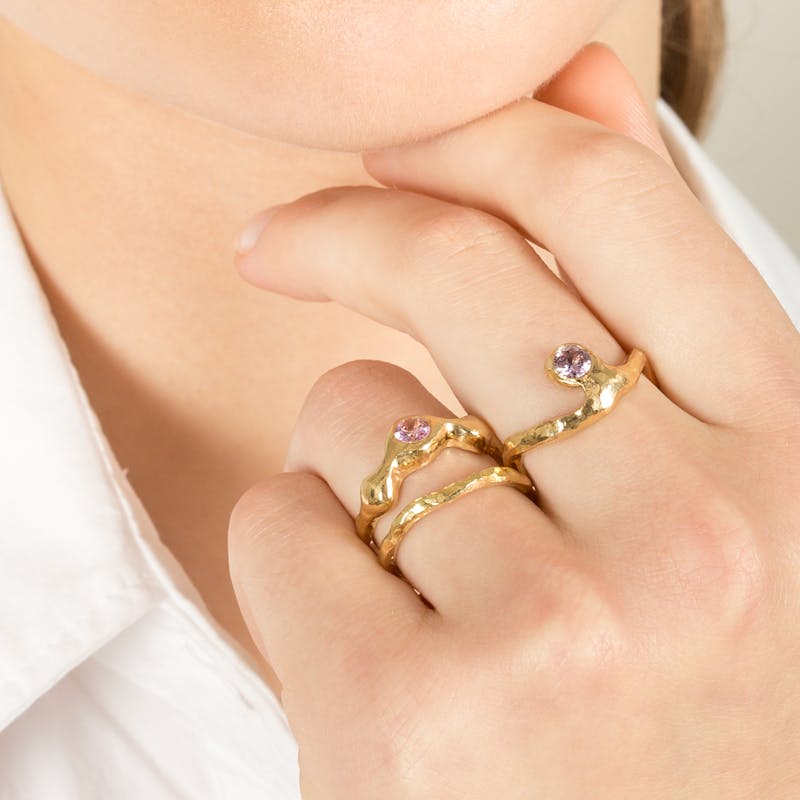What Does Engagement Rings Do?
What Does Engagement Rings Do?
Blog Article
10 Simple Techniques For Engagement Rings
Table of ContentsSome Known Factual Statements About Engagement Rings Engagement Rings for BeginnersSome Ideas on Engagement Rings You Need To KnowThe smart Trick of Engagement Rings That Nobody is DiscussingEngagement Rings Fundamentals ExplainedEngagement Rings - Truths
Tension-style settings likewise provide much far better safety for the gemstone. The majority of tension-style setups are produced rounded dazzling diamonds or various other round gems, however they can be customized to fit numerous various other forms. The setup can also be changed to have accent gems around the centre rock or to permit for a side stone on each side of the centre stone.Is not fragile and puts on well. Can be individualized. Creates an optical impression of the centre gemstone hanging in the air. Have a modern layout that contains elegance and beauty - engagement rings. Easy to cleanse and preserve. If it has prongs, they can come to be loose with wear. This is easily remedied by having the ring frequently cleansed and inspected by a jeweller.
The Best Guide To Engagement Rings
The very first ring with a real stress setting was made in Vreden, Germany in the 1970s. Ursula Exner and widely known carver Walter Wittek worked together to style and make this first ring. In the following years, other jewelers developed their very own tension setups, as well as the extra safe and secure and sensible tension-style settings.
This provides the ring an easy, however fashionable charm that works well for both guys and females's wedding celebration rings, along with interaction rings. The flush setup is sometimes likewise called a gypsy setting. We can not state for certain exactly how it came to have that name, however probably it is because the setup stands for a totally free spirit.
The Definitive Guide to Engagement Rings
Flush settings function well for round, square or rectangle-shaped gemstones, but they can be difficult to adjust to specific fancy cuts, as an example, a heart-shaped diamond. Keeps the gems safe and safe and secure. Wears especially well. Practical for people with energetic lifestyles. Sticks out for having a simple, however stylish charm.
Frequently unwise for heart-shaped treasures and a few other gems with elegant cuts. Rings with flush or gypsy settings have been around given that the late 1800s.
Jewelry interaction rings have only one centre gemstone on a plain band. Several various other interaction rings, however, also have accent gemstones.
Engagement Rings Fundamentals Explained
There are 4 settings that are commonly used to hold accent gems. Castle settings are made directly on view website the shank of the ring.
The prongs in a castle setup can be right up and down with basic spherical ideas or they can be cut at an angle so that they look like fishtails. Castle setups are very flexible.
The Ultimate Guide To Engagement Rings
If it is well made, the low scalloped side of the castle setting can likewise develop an optical impression. It enables the sides of the gems to be quickly seen and produces the impact that the treasures are being held in an unseen setting.
Creates the impression of an undetectable setup. The small prongs can become loose. We recommend that rings with the castle setting be cleaned up occasionally by a jeweler, so that the prongs can be inspected.
The prongs on a castle setting can capture on clothing, however this is unusual because the prongs are smooth. The castle setup can be made use of to make gorgeous endless time rings. The initial infinity rings were made in the 1960s. Those original rings, like infinity rings today, have a row of closely set gems entirely encircling their shank.

The Of Engagement Rings
The grain setting is a very safe setting. The sides of the channel safeguard the accent treasures from bumps and scrapes and the handmade prongs seldom end up being loosened. One downside of the grain setting is that the gemstones receive much less light because they are set down in the network. This results in the gems generating a little less radiance and shimmer.
Every gem in the bead setup is surrounded by 4 shiny grains that are degree with the top of the shank. These beads capture the light and emit their own glimmers everywhere. The grains' sparkles together with the sparkle and you could look here glows created by the accent treasures bring the grain setting to life and give it continual glimmers.
They can use it to make eternity rings, along with to embellish other the straightforward shank or more complex split shank that some involvement rings have. In the basic bead setting, the accent gems are embeded in one straight line. Occasionally, however, jewelers will increase the sparkle on an interaction ring by adding two or even more identical lines of grain set gems.
Report this page